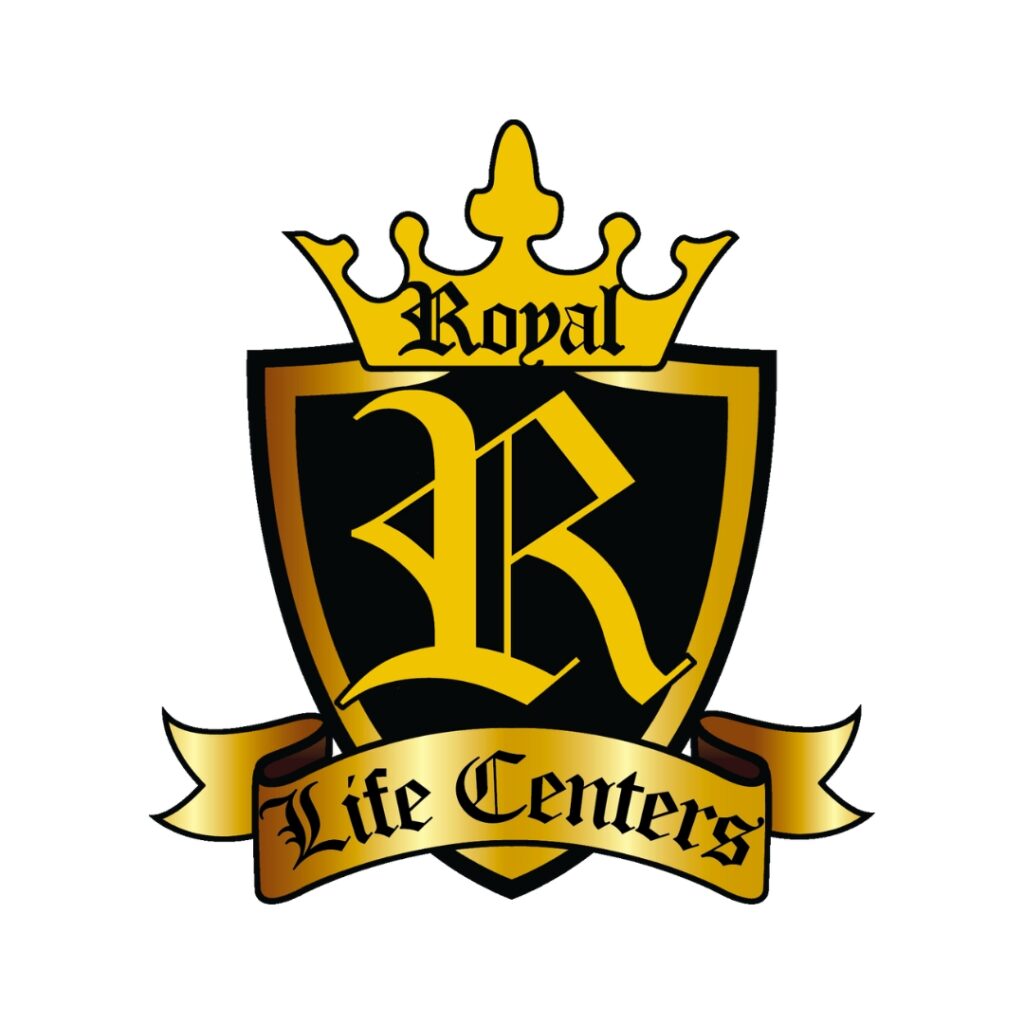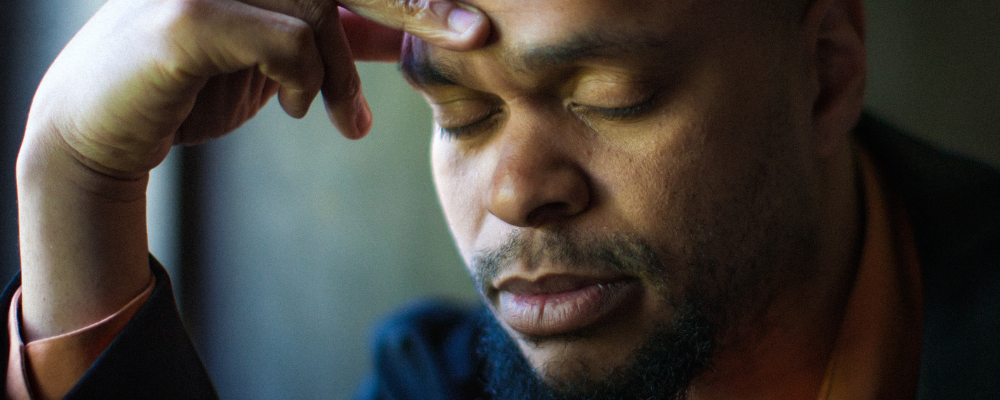Recovery from cocaine addiction can come with unexpected side effects, especially if this journey is attempted alone. Cascade Heights offers comprehensive cocaine addiction treatment. We provide the support and care you need to safely navigate the recovery process. If you are experiencing cocaine withdrawal symptoms, we are here to help.
What Is Cocaine?
Cocaine is a highly addictive stimulant drug. It is derived from the leaves of the coca plant. Cocaine is a powerful central nervous system stimulant. When used, it can produce powerful feelings of euphoria, increased energy, and alertness. However, it can also have negative physical and mental health effects.
As a Schedule II drug, cocaine has both a high potential for abuse and accepted medical uses. In some cases, it can be used as a local anesthetic for certain surgeries. However, its recreational use is illegal in most countries.
Is Cocaine Addictive?
Cocaine is highly addictive. It’s a powerful central nervous system stimulant that can quickly lead to dependence. With continuous use over time, the body adapts to the presence of cocaine.
As a result, individuals may experience withdrawal symptoms when they try to stop using. This is because the body has become dependent on cocaine to function properly.
How Do People Use Cocaine
When not used in a medical setting, people typically use cocaine in two main ways.
- Snorting: The powder is snorted through the nostrils.
- Smoking: Crack cocaine, a rock-like form of cocaine, is heated, and the fumes are inhaled.
Both methods allow the drug to be absorbed quickly into the bloodstream. This allows for a rapid onset of effects and a more intense high. However, both of these methods of use can be extremely dangerous, even with only one use.
Crack Cocaine
Crack cocaine is a smokable form of cocaine. It is made by mixing cocaine powder with a baking soda and water solution. This mixture is then heated until it forms a rock-like substance.
Crack cocaine is more potent than powdered cocaine and produces a more intense high. Smoking crack cocaine is highly addictive and can lead to serious health problems, including:
- Heart problems: Increased risk of heart attack and stroke
- Lung damage: Respiratory problems, including bronchitis and pneumonia
- Psychological problems: Paranoia, anxiety, and hallucinations
What Are Cocaine Withdrawal Symptoms Like?
Cocaine withdrawal symptoms can be severe, including both physical and mental effects. It is important to note that the severity and duration of cocaine withdrawal symptoms can vary from person to person.
There are several factors that can influence what kind of withdrawal symptoms a person may experience. The amount and frequency of use, as well as individual health and psychological factors, can all play a role.
Cocaine Detox Withdrawal Symptoms
When starting the detox process, there are several withdrawal symptoms that you may develop. Some of the most common include:
- Physical symptoms: Fatigue, depression, anxiety, irritability, sweating, chills, nausea, vomiting, insomnia, and muscle aches.
- Psychological symptoms: Cravings, difficulty concentrating, increased risk of suicidal thoughts, and paranoia.
Withdrawal symptoms of cocaine can be not only uncomfortable but dangerous. This is why it is crucial to seek professional help when attempting to recover from a cocaine addiction.
How Long Does Cocaine Detox Take?
In most cases, cocaine detox can take around 7-10 days. However, the exact duration can vary depending on factors. This includes the amount and frequency of use, as well as individual health and psychological factors.
After the initial detox period, individuals may still experience cravings and other psychological symptoms. These symptoms can persist for weeks or even months. For this reason, ongoing treatment and support are often necessary to maintain sobriety.
Addiction
Are you struggling with an addiction to substances like drugs and alcohol?
Royal Life Centers at Cascade Heights Recovery is here to help you recover. Because we care.
Coping With Cocaine Withdrawal Symptoms
It is important to note that the physical withdrawal symptoms from cocaine can be intense. This is why it is recommended to undergo detox under medical supervision.
Professional cocaine treatment programs can be crucial for successful recovery. They are equipped with the tools and resources necessary to manage these symptoms and reduce the risk of complications.
How to Tell If Someone Is Using Cocaine
Identifying if someone is using cocaine can be challenging. The signs of addiction can often be subtle or attributed to other factors. However, there are some common indicators that may suggest cocaine use.
If you are concerned about someone’s behavior, it is best to have a conversation with them directly. If you suspect they may be struggling with substance abuse, encourage them to seek help from a treatment professional.
Signs and Symptoms of Cocaine Abuse
Cocaine addiction can have several signs and symptoms. Knowing how to recognize these indicators can help you or a loved one get the help you need.
Physical Signs:
- Changes in appearance: Weight loss, dilated pupils, or a runny nose.
- Increased energy levels: Restlessness, hyperactivity, or difficulty sleeping.
- Physical changes: Picking at the skin, nosebleeds, or sores around the nose.
Behavioral Signs:
- Secretiveness: Withdrawing from friends and family or avoiding social situations.
- Changes in habits: Spending more time alone, neglecting responsibilities, or becoming financially unstable.
- Paranoia or irritability: Feeling suspicious, anxious, or easily agitated.
- Euphoria or excessive confidence: Feeling overly happy or excited.
Cocaine Addiction Treatment Options
Cocaine addiction is a serious condition, but there are effective treatment options available. These options often involve a combination of medical, psychological, and social support. It is important to note that the most effective treatment approach may vary from person to person.
A substance abuse treatment center like Cascade Heights can help you develop a personalized treatment plan. We work with you to plan your recovery based on your specific needs and circumstances.
Cocaine Detox
Cocaine detox is a crucial step in the recovery process for individuals struggling with cocaine addiction. It involves medically supervised withdrawal from the drug.
At Cascade Heights, our dedicated team of doctors and addiction specialists works hard to make your recovery as comfortable as possible. They help manage the physical and psychological symptoms that can accompany quitting.
There are several key elements involved in our detox program, including:
- Medical evaluation: We will assess your overall health and history. This allows us to determine the appropriate level of medical supervision.
- Monitoring of vital signs: Blood pressure, heart rate, and other vital signs will be monitored regularly. This allows us to detect any potential health issues.
- Medication management: If necessary, medication may be prescribed to help manage withdrawal symptoms.
- Psychological support: Counseling or therapy may be provided during the detox process. This can help you cope with emotional challenges and develop strategies for staying sober.
Residential Treatment for Cocaine Abuse
Our residential treatment program offers a comprehensive approach to cocaine addiction recovery. We provide a structured environment where you can focus on your recovery without the distractions of daily life.
At Cascade Heights, our residential program includes:
- 24/7 supervision
- Therapy sessions
- Medication-assisted treatment
- Life skills training
- Recreational activities
Outpatient Treatment for Cocaine Abuse
Our outpatient treatment program offers a flexible approach to cocaine addiction recovery. This allows you to continue your daily life while receiving professional support. These programs typically include:
- Individual therapy
- Group therapy
- Medication-assisted treatment
- Life skills training
If you are ready to start your recovery from cocaine addiction, we are here to help. Cascade Heights offers the comprehensive care and support you need to achieve lasting sobriety. Reach out to us today to learn more about how our programs can help.







